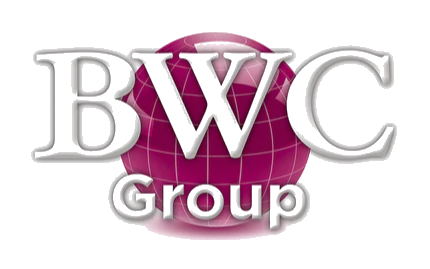Commercial refrigeration equipment is the backbone of many businesses, from restaurants and grocery stores to warehouses and food processing facilities. Proper maintenance is crucial to ensure these systems operate efficiently, prevent costly breakdowns, and maintain food safety standards. In this blog post, we'll discuss ten essential tips for maintaining your commercial refrigeration equipment to keep it running smoothly and extend its lifespan.
1. Regular Cleaning: Regularly clean the interior and exterior of your refrigeration equipment to remove dust, debris, and food particles. Pay special attention to door gaskets, condenser coils, and evaporator coils, as dirt buildup in these areas can impair efficiency.
2. Monitor Temperature Levels: Monitor temperature levels inside your refrigeration units using built-in thermometers or external temperature monitoring devices. Ensure that temperatures remain within the recommended range to preserve food quality and safety.
3. Check Door Seals: Inspect door seals regularly for signs of wear or damage. Tight-fitting door seals are essential for maintaining proper temperature levels and preventing energy loss. Replace damaged seals promptly to avoid air leaks.
4. Clean Condenser Coils: Clean condenser coils at least twice a year to remove dirt, dust, and grease buildup. Dirty condenser coils can cause the compressor to work harder and lead to increased energy consumption and system breakdowns.
5. Monitor Refrigerant Levels: Monitor refrigerant levels regularly to ensure optimal performance and efficiency. Low refrigerant levels can indicate leaks or other issues that require attention from a qualified technician.
6. Schedule Professional Inspections: Schedule routine inspections by a qualified refrigeration technician to identify and address potential problems before they escalate. Professional inspections can help prolong the lifespan of your equipment and prevent costly repairs.
7. Replace Air Filters: Replace air filters in your refrigeration units regularly to maintain proper airflow and prevent dust and debris from accumulating on evaporator coils. Clogged air filters can impair efficiency and lead to ice buildup and system malfunctions.
8. Address Water Drainage Issues: Ensure that water drains are clear and functioning properly to prevent water from pooling inside refrigeration units. Standing water can cause mold growth, odors, and corrosion, compromising food safety and equipment performance.
9. Monitor Energy Consumption: Monitor energy consumption of your refrigeration equipment to identify any unusual spikes or patterns. High energy consumption may indicate issues such as dirty coils, refrigerant leaks, or malfunctioning components that require attention.
10. Train Staff: Provide training to staff members responsible for operating and maintaining refrigeration equipment. Ensure they understand proper cleaning procedures, temperature monitoring, and how to recognize signs of potential problems.
By following these ten tips for maintaining your commercial refrigeration equipment, you can help ensure optimal performance, prolong the lifespan of your equipment, and maintain food safety standards in your establishment. Regular maintenance is key to preventing breakdowns, reducing energy costs, and preserving the quality of your products. Schedule routine inspections and address any issues promptly to keep your refrigeration equipment running smoothly for years to come.

